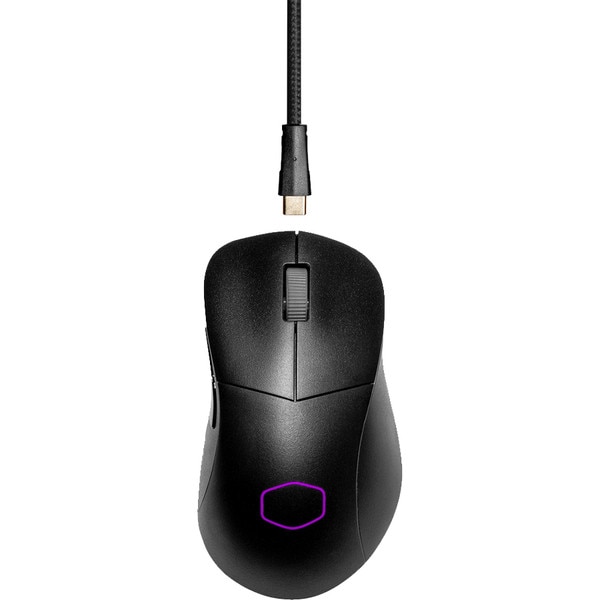Roll7 Closure by Private Division: A Loss for PC Gaming and Indie Creativity The news hit the gaming world hard: Roll7, the BAFTA-winning studio behind the OlliOlli series, is closing down.
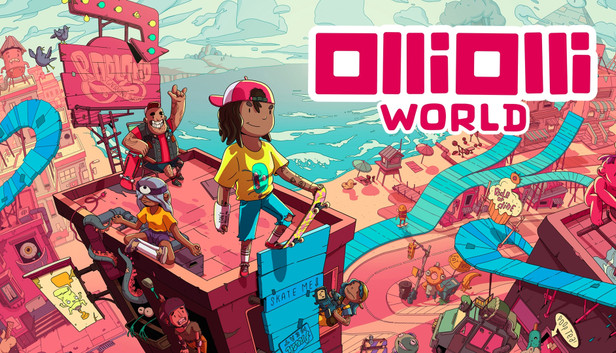
The news hit the gaming world hard: Roll7, the BAFTA-winning studio behind the OlliOlli series, is closing down. This was first reported by GamesIndustry.biz here: https://www.gamesindustry.biz/private-division-to-lay-off-staff-roll7-to-close. As a mid-level gameplay programmer who has worked in similar indie studios acquired by larger publishers, the news hit hard. It's not just another studio closure; it's a reminder of the fragility of indie creativity within the corporate machine. The corporate structure I find myself in led to my current depression and anxiety and I'm now left wondering "when will the other shoe drop?" The fear of layoffs is always looming over my head. The closure of Roll7 exemplifies the challenges faced by indie studios absorbed by larger publishers and raises concerns about the future of innovative and niche PC gaming experiences.
Roll7's PC Legacy: Innovation on Wheels
Roll7 carved out a unique space in the PC gaming landscape, and their OlliOlli series, particularly OlliOlli World, stands as a testament to that. The games weren't just ported over; they were tailored for PC gamers. OlliOlli World embraced the platform, offering features like Steam Workshop integration, providing players with tools to create and share their own levels. This modding support extended the game's lifespan and fostered a dedicated community.
The control schemes were also fully customizable, allowing players to use their preferred setup, whether it was keyboard and mouse or a controller. Evidence of a thriving PC community can be found on the OlliOlli World Steam page. The "Rad Edition" specifically catered to PC gamers looking for the definitive experience. Even recent community reviews highlight the robust mod support and PC-specific features, solidifying its legacy as a game that truly embraced the platform.
"Roll7 carved out a unique space on PC by focusing on tight gameplay, modding, and community engagement. It's a different vibe than the big-budget console titles." This innovative approach to skateboarding games stood in stark contrast to the more mainstream skateboarding titles on consoles like the Tony Hawk's Pro Skater remakes. While those titles aimed for realism and nostalgia, Roll7 focused on tight controls, stylized visuals, and a unique gameplay loop. This distinction attracted a dedicated PC audience that appreciated the studio's unique vision.
The Acquisition and Integration: A Corporate Rollercoaster
Why did Take-Two Interactive acquire Roll7? Likely, it was for several reasons. Roll7 had a proven track record of creating critically acclaimed and commercially successful games, particularly in the indie space. OlliOlli World's success on PC and consoles made them an attractive target. The potential synergies were apparent – Take-Two could leverage Roll7's creative talent to expand their portfolio and tap into new markets. The potential risks, however, were also significant. Integrating an indie studio into a larger corporation often leads to conflicts between creative freedom and commercial demands.
What were the expectations when Roll7 was acquired? It's difficult to say for sure, but the promise of increased resources, marketing support, and stability are common selling points in acquisitions. However, the reality can be quite different. Developers often find themselves adapting to a larger corporate structure, navigating layers of management, and facing pressure to prioritize commercial viability over creative vision. Were they being pushed towards a service model as opposed to self-contained titles? Did Roll7 have to use resources and personnel to focus on existing properties for Take-Two?
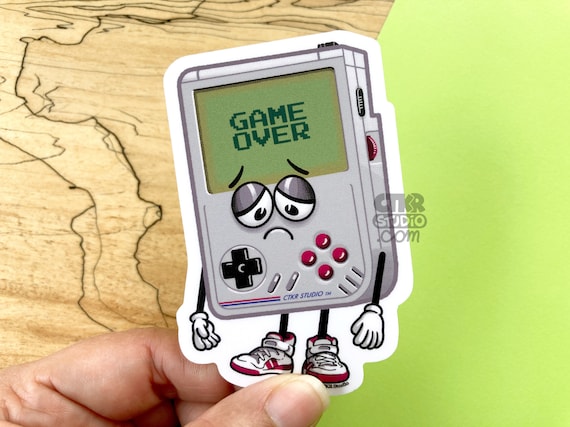
"The promise of acquisition is resources and stability, but the reality can be stifling. Suddenly, you're answering to layers of management, and your quirky ideas have to go through a gauntlet of market testing." This sentiment echoes the experiences of many developers who have gone through similar acquisitions. There are numerous articles discussing similar studio acquisitions gone wrong, highlighting the challenges of maintaining creative identity within a corporate structure. The pressure to conform, the loss of autonomy, and the shift in priorities can all contribute to a decline in morale and, ultimately, the closure of the studio. Indie Studio Acquisition Challenges are common.
The Layoff Announcement and its Impact: A Chilling Effect
The layoff announcement was swift and brutal. While the exact number of employees affected hasn't been publicly disclosed, it's clear that the closure of Roll7 represents a significant loss of talent. Private Division cited "strategic alignment" as the reason for the closure, a common euphemism for prioritizing profitability over creative innovation. Compare the verbiage to that used in the Activision layoffs and you'll notice the same buzzwords and corporate speak.
The specific language used in the announcement reveals a lot about the company's priorities. Phrases like "streamlining operations" and "optimizing resources" often mask the human cost of these decisions. The impact of the layoffs on OlliOlli World's future updates and community support is significant. Will the game continue to receive updates? Will the modding community continue to be supported? These questions remain unanswered, leaving fans in a state of disappointment and uncertainty.
Community reactions to the closure have been overwhelmingly negative. A quick scan of Steam discussions, Reddit threads (specifically r/OlliOlli), or Twitter/X posts using hashtags like #OlliOlliWorld, #Roll7, and #IndieDev reveals a sense of frustration and betrayal. Players feel that a beloved studio and a unique game have been sacrificed for the sake of corporate profits.
"Layoffs are never just about numbers; they're about people losing their livelihoods and the potential for creative projects being shelved. It sends a chilling message to the entire indie dev community." Take-Two Interactive Layoffs are a harsh reminder that indie creativity is often seen as expendable in the eyes of large publishers.
Alternative Career Paths and the Future of Indie Development: Embracing the Unknown
What happens now for the laid-off Roll7 developers? Fortunately, there are several potential career paths available within the indie scene. Self-employment through platforms like Patreon and Itch.io offers a direct connection to fans and a greater degree of creative control. Crowdfunding campaigns (Kickstarter, Fig) can provide the financial resources needed to develop new projects. Freelancing gigs offer flexibility and the opportunity to work on a variety of different games.
There are successful indie developers who have thrived outside the traditional studio system, releasing innovative and experimental games on Itch.io. Connor Sherlock and his experimental titles (e.g., SOUNDS OF THE COSMOS) are excellent examples of developers who embrace niche interests and push the boundaries of game design.
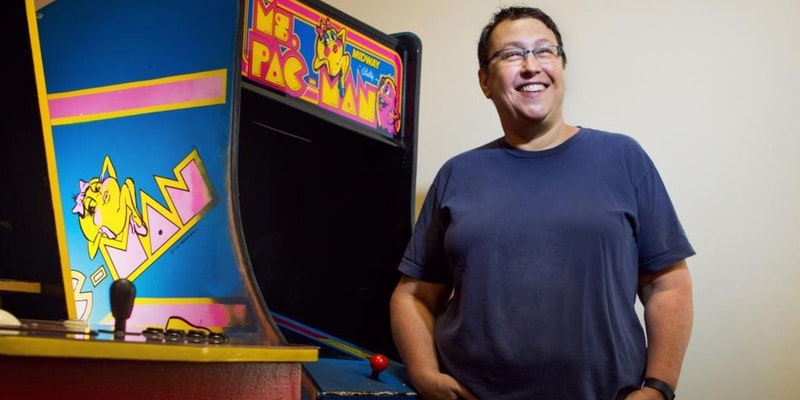
These alternative career paths allow developers to focus on their passions, experiment with new ideas, and build a sustainable business without the constraints of a corporate structure.
The closure of Roll7 raises broader implications for innovation and risk-taking in the PC gaming industry. When studios are acquired and then shut down, it sends a signal that creative risk-taking is not valued. PC Gaming Industry Layoffs have a ripple effect. This can lead to a homogenization of game design, with studios playing it safe and avoiding experimental projects.

"The industry needs more Roll7s, not fewer. We need studios willing to take risks and experiment with new ideas, and that's harder to do within a risk-averse corporate environment."
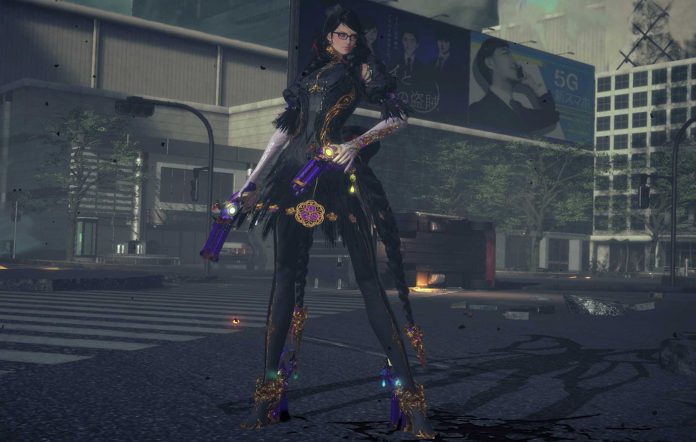
- Alternatives to AAA game dev after studio closure
- Self-employment through platforms like Patreon and Itch.io
- Crowdfunding campaigns (Kickstarter, Fig)
- Freelancing gigs
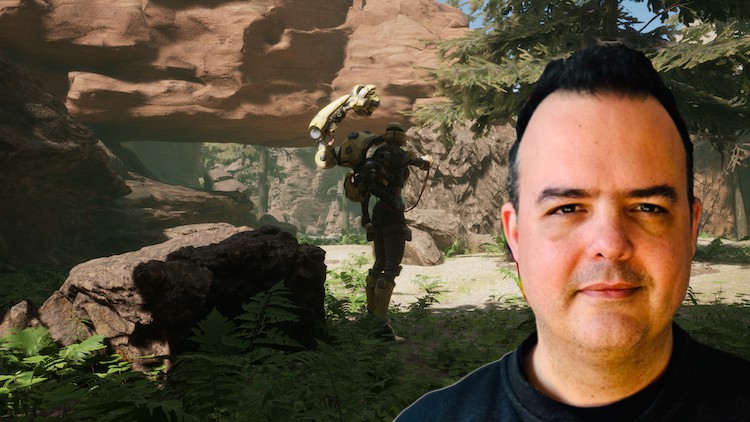
Conclusion: A Call to Support Indie Creativity
It's more crucial than ever to champion indie developers and safeguard creative autonomy in the gaming industry. The closure of Roll7 is a stark reminder of the value of their innovation, and we must actively support the creators who dare to be different.

"The future of PC gaming depends on our support for the creators who dare to be different. Let's make sure their voices aren't silenced." Support indie studios by purchasing their games, participating in crowdfunding initiatives, and engaging with their communities. Roll7 Closure Private Division should make the indie gaming community band together more than ever.
XenGamer: Resources for laid-off game developers
